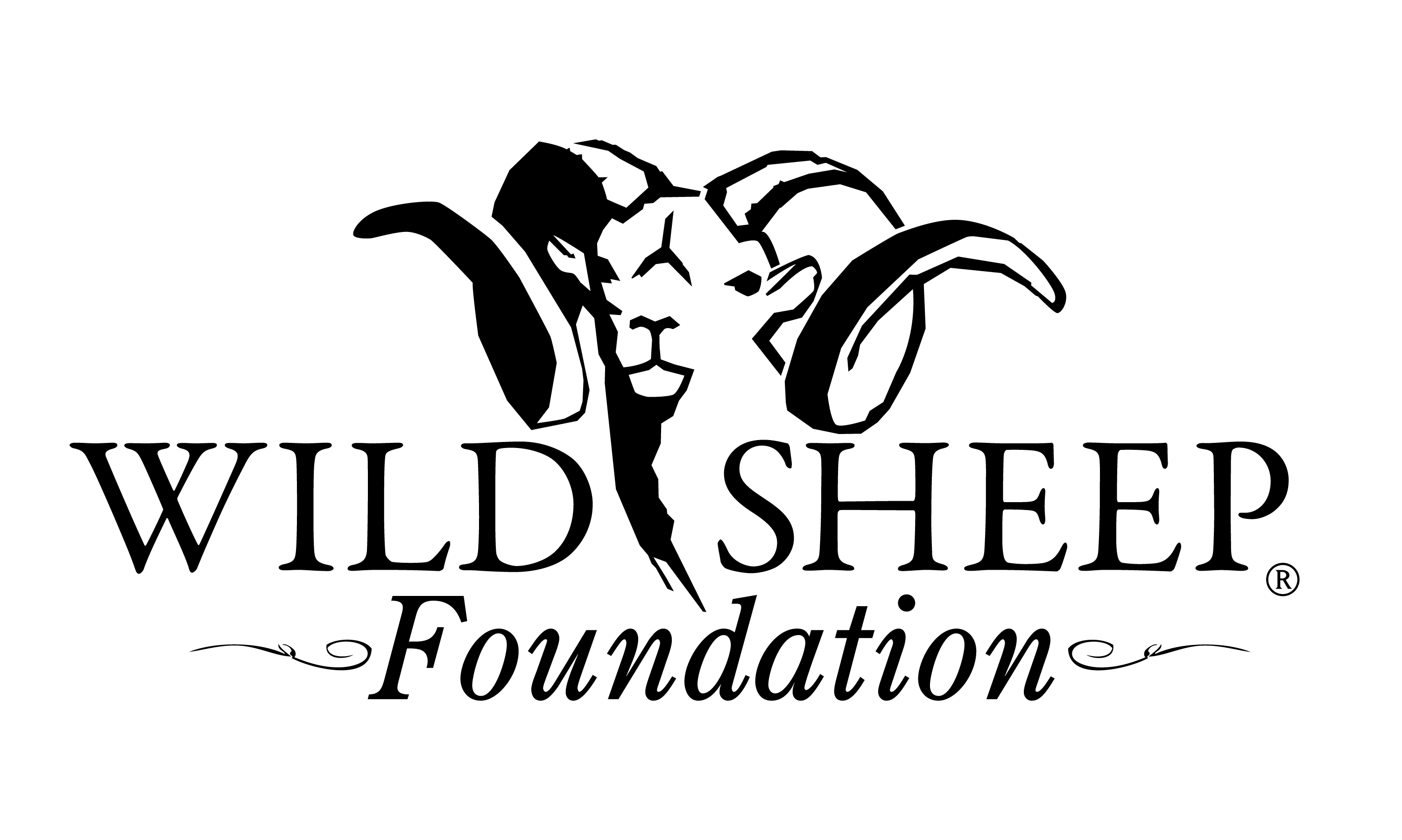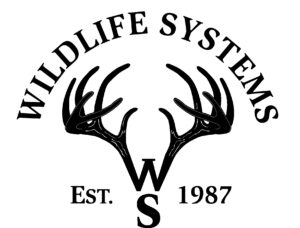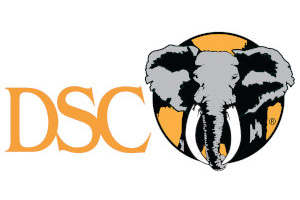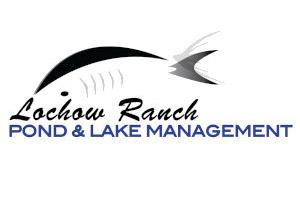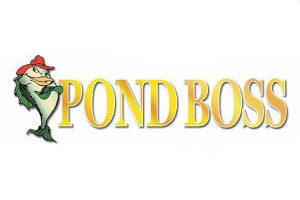PhD position in ecosystem ecology of wetland invertebrate communities
University of Georgia (State)
Details
Application Deadline:
12/01/2025
Published:
10/22/2025
Starting Date:
after 8/1/2026
Hours per Week:
at least 40
Salary:
up to $35,521 per year
Education Required:
Bachelors
Experience Required:
none
Tags:
Graduate Opportunities
Description
We are excited to recruit a highly-motivated PhD student to undertake a doctoral thesis linking the community and ecosystem ecology of geographically isolated wetlands. The student will be based in the Odum School of Ecology (University of Georgia) under the supervision of Dr. Alex Strauss and Dr. Charles van Rees, with a substantial portion of their research at The Jones Center at Ichauway under the supervision of Dr. Nick Marzolf.
Geographically isolated wetlands (GIWs) are common in the Southeastern United States, but relatively little is known about their resident invertebrate communities or how these biota support ecosystem services. The Jones Center at Ichauway has >100 GIWs of different types, including open canopy marsh savannahs and cypress gum swamps, which span a gradient of hydrologic connectivity. The landscape presents three axes of variation (wetland type; predation pressure; hydrologic connectivity) that likely influence invertebrate communities. In turn, different communities likely affect denitrification, phosphorus storage, sediment removal, food provisioning for birds and bats, and other ecosystem functions. The natural replication of GIWs and their long-term data creates an ideal opportunity for research linking community and ecosystem ecology in this landscape. The student selected for this project would lead two years of biological field sampling in spring 2027 and 2028, during seasons when the wetlands are inundated. After the first field season, the student will be encouraged to identify questions for their dissertation research that match their intellectual interests, as inspired by the preliminary field data. Potential questions include: 1) How do carbon inputs among wetland types (allochthonous, autochthonous, methanotrophic) shape invertebrate communities and their parasites? 2) Are these wetlands a net sink (e.g., storage in sediment) or source (e.g., insect emergence, greenhouse gas emissions) of carbon and nutrients to the surrounding landscape? 3) What regulates the quantity (i.e., biomass) and quality (e.g., poly unsaturated fatty acid content) of emerging insects available to terrestrial consumers like birds and bats?
Students interested in applying should reach out to Drs. Strauss (ats50851@uga.edu), van Rees (Charles.VanRees@uga.edu), and Marzolf (Nick.Marzolf@jonesctr.org) with a short statement (200 words) explaining their interest in the project. Note that applications to the PhD program in the Odum School of Ecology, where the student would be based, are due December 1: https://ecology.uga.edu/academics/graduate-school/.
Contact
Alex Strauss
ats50851@uga.edu (preferred contact method)


